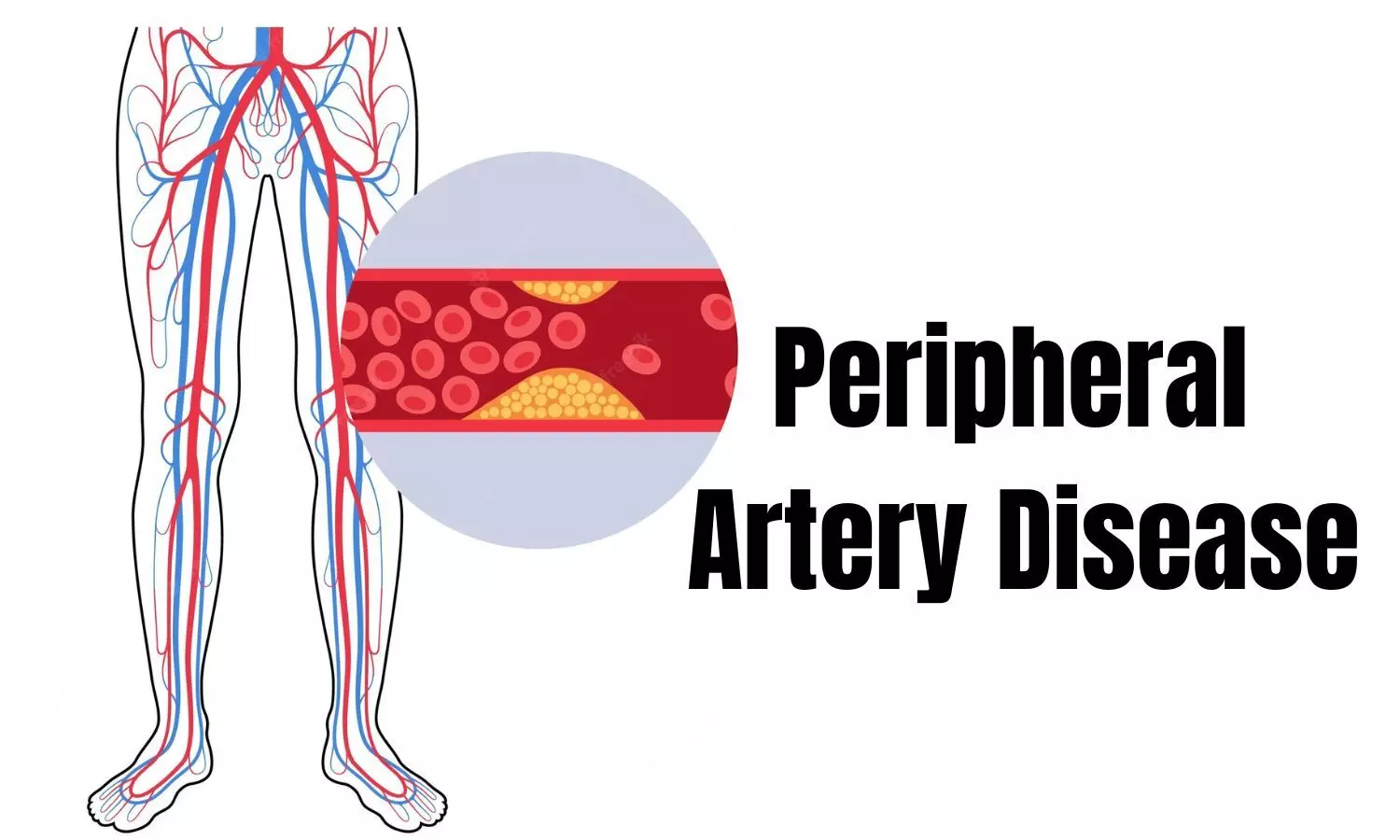Liraglutide can prevent PAD progression in patients with type 2 diabetes: STARDUST trial

Italy: Compared with conventional treatment, liraglutide use over six months was associated with increased peripheral in patients with type 2 diabetes and peripheral artery disease (PAD), suggesting that it may prevent PAD’s clinical progression, a recent study has shown.
“The open-label randomized clinical trial (STARDUST) of 55 patients with T2D and PAD showed that liraglutide was associated with a significant increase in transcutaneous oxygen pressure (TcPo2) versus conventional treatment of cardiovascular (CV) risk factors,” the researchers reported in JAMA Network Open.
“An increase from baseline of at least 10% of TcPo2 was achieved by 89% of participants treated with liraglutide and 46% of the control group.”
Peripheral artery disease in diabetes may lead to diabetic foot ulcers and lower-extremities amputation. Glucagon-like peptide 1 receptor agonists have proven CV benefits in trials of patients with T2D at high CV risk. Considering this, Paola Caruso, University of Campania “Luigi Vanvitelli,” Naples, Italy, and colleagues aimed to investigate the effect of liraglutide on peripheral perfusion measured as peripheral TcPo2 in patients with type 2 diabetes and PAD.
For this purpose, the researchers conducted an open-label randomized clinical trial (RCT) between 2021 and 2022, with a final follow-up in December 2022. It included Fifty-five individuals with type 2 diabetes, PAD, and TcPo2 between 30 and 49 mm Hg.
Fifty-five participants (mean age, 67.5 years; 78% male) were randomized to receive 1.8 mg of subcutaneous liraglutide (n=27) or conventional treatment of cardiovascular risk factors (control group, n=28) for six months.
Coprimary outcomes were the change in peripheral perfusion from baseline between groups and the comparison of the proportion of individuals who reached a 10% increase of TcPo2 from baseline in each group.
The study led to the following findings:
- Participants had a median (IQR) hemoglobin A1c level of 6.9% and a mean TcPo2 of 40.3 mm Hg.
- Transcutaneous Po2 increased over time in both groups, with significant differences favoring the liraglutide group after 6 months (estimated treatment difference, 11.2 mm Hg).
- The 10% increase in TcPo2 occurred in 89% of participants in the liraglutide group and 46% in the control group (relative risk, 1.91).
- Compared with the control group, individuals in the liraglutide group had a significant reduction of C-reactive protein (−0.4 mg/dL), urinary albumin to creatinine ratio (−119.4 mg/g), and improvement of 6-minute walking distance (25.1 m).
In conclusion, the RCT of patients with type 2 diabetes and PAD, liraglutide increased peripheral perfusion detected by TcPo2 measurement during 6 months of treatment.
“These results support liraglutide use to prevent the clinical progression of PAD in individuals with type 2 diabetes,” the researchers wrote.
Reference:
Caruso P, Maiorino MI, Longo M, et al. Liraglutide for Lower Limb Perfusion in People With Type 2 Diabetes and Peripheral Artery Disease: The STARDUST Randomized Clinical Trial. JAMA Netw Open. 2024;7(3):e241545. doi:10.1001/jamanetworkopen.2024.1545
Powered by WPeMatico





